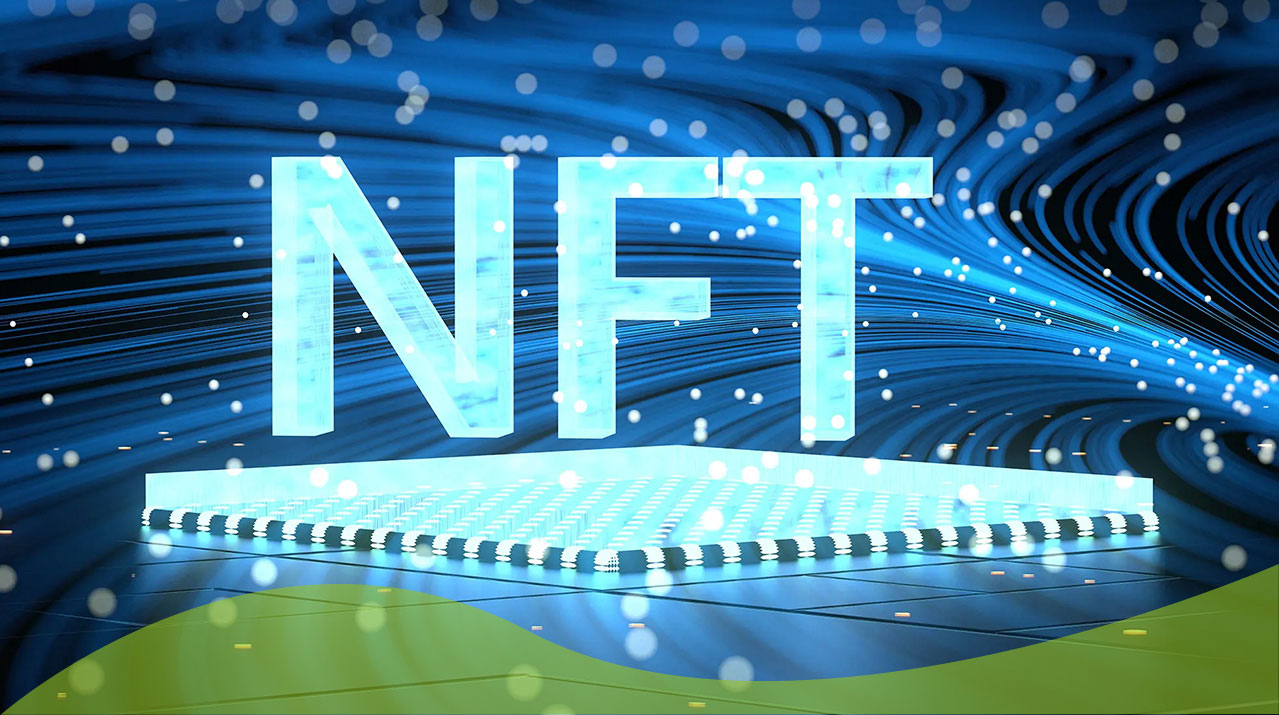Non-Fungible Tokens (NFTs) have taken the digital world by storm, offering a new paradigm for ownership and value in the digital realm. Unlike cryptocurrencies such as Bitcoin or Ethereum, NFTs are unique digital assets that represent ownership of a specific item or piece of content, verified through blockchain technology. This article explores the significance of NFTs, their applications, and the implications for various industries.
Understanding NFTs
NFTs are digital tokens that represent ownership of unique items, whether digital or physical. Each NFT contains distinct information, making it one-of-a-kind and non-interchangeable with other tokens. This uniqueness is secured and verifiable on a blockchain, ensuring transparency and immutability.
Applications of NFTs
Art and Collectibles: Artists can tokenize their work, providing proof of authenticity and ownership, and enabling direct sales to collectors without intermediaries.
Gaming: NFTs allow players to own in-game assets, such as skins or weapons, which can be traded or sold outside the game environment, creating real-world value.
Music and Entertainment: Musicians and creators can release exclusive content as NFTs, offering fans unique experiences and new revenue streams.
Real Estate: Digital real estate in virtual worlds can be bought, sold, and developed using NFTs, creating a burgeoning market for virtual properties.
Implications for Industries
Monetization Opportunities: NFTs provide creators with new ways to monetize their work, ensuring they receive royalties through smart contracts whenever their NFTs are resold.
Intellectual Property Management: By tokenizing assets, owners can better manage and protect their intellectual property rights, reducing piracy and unauthorized use.
Community Engagement: Brands and artists can engage with their audiences by offering limited-edition NFTs, fostering loyalty and creating unique fan experiences.
Challenges and Criticisms
Despite their potential, NFTs face several challenges:
Environmental Concerns: The energy consumption of blockchain networks, particularly those using proof-of-work consensus mechanisms, raises environmental issues.
Market Speculation: The hype surrounding NFTs has led to speculative buying, with concerns about market bubbles and the long-term value of certain assets.
Legal and Regulatory Issues: The legal framework surrounding NFTs is still evolving, with questions about copyright, taxation, and consumer protection needing clarification.
Conclusion
NFTs are revolutionizing digital ownership by providing verifiable and transferable proof of authenticity for digital assets. While challenges exist, the potential applications across various industries make NFTs a significant development in the digital economy. As technology and regulatory frameworks evolve, NFTs could become a standard component of the digital landscape.”
